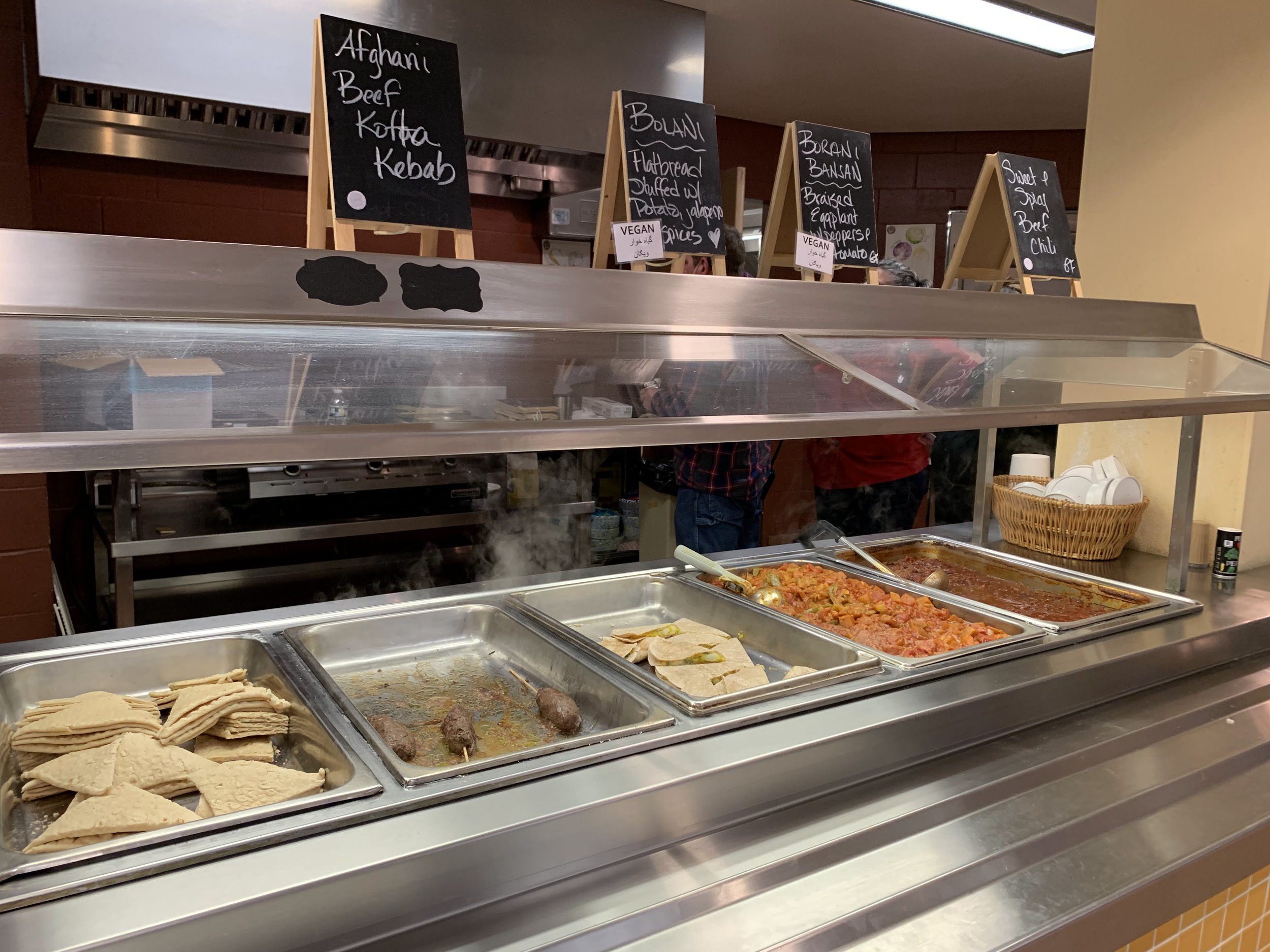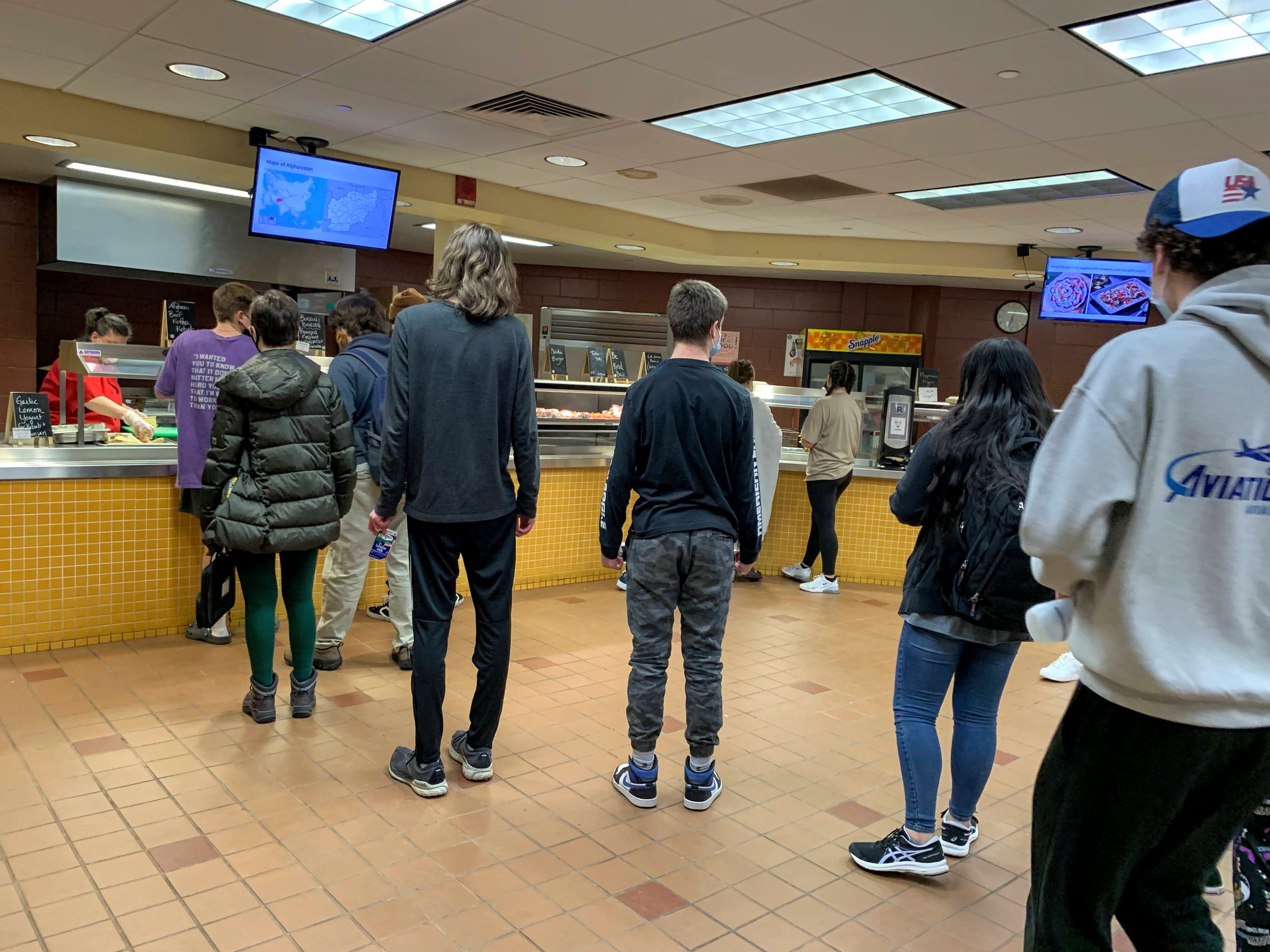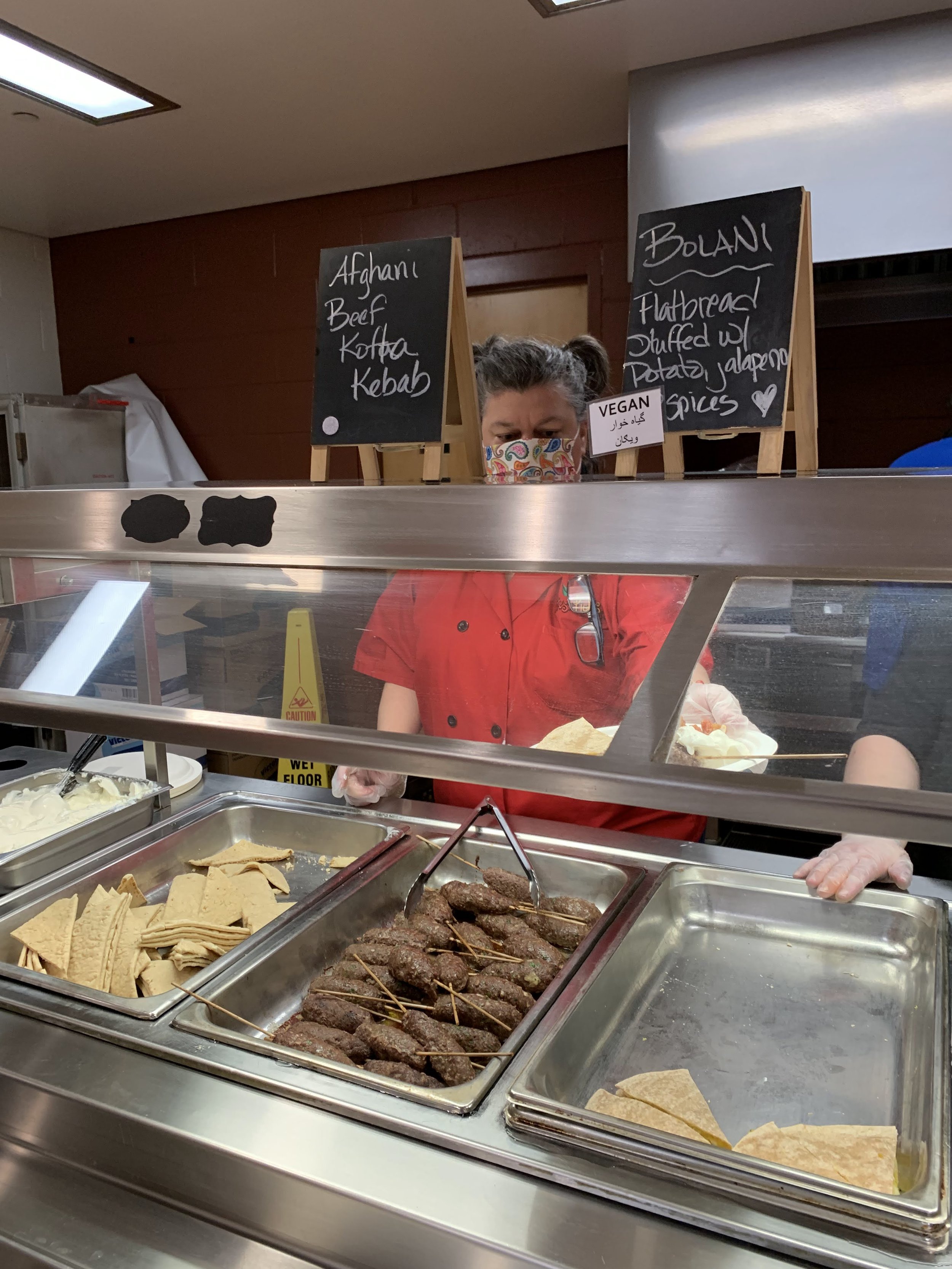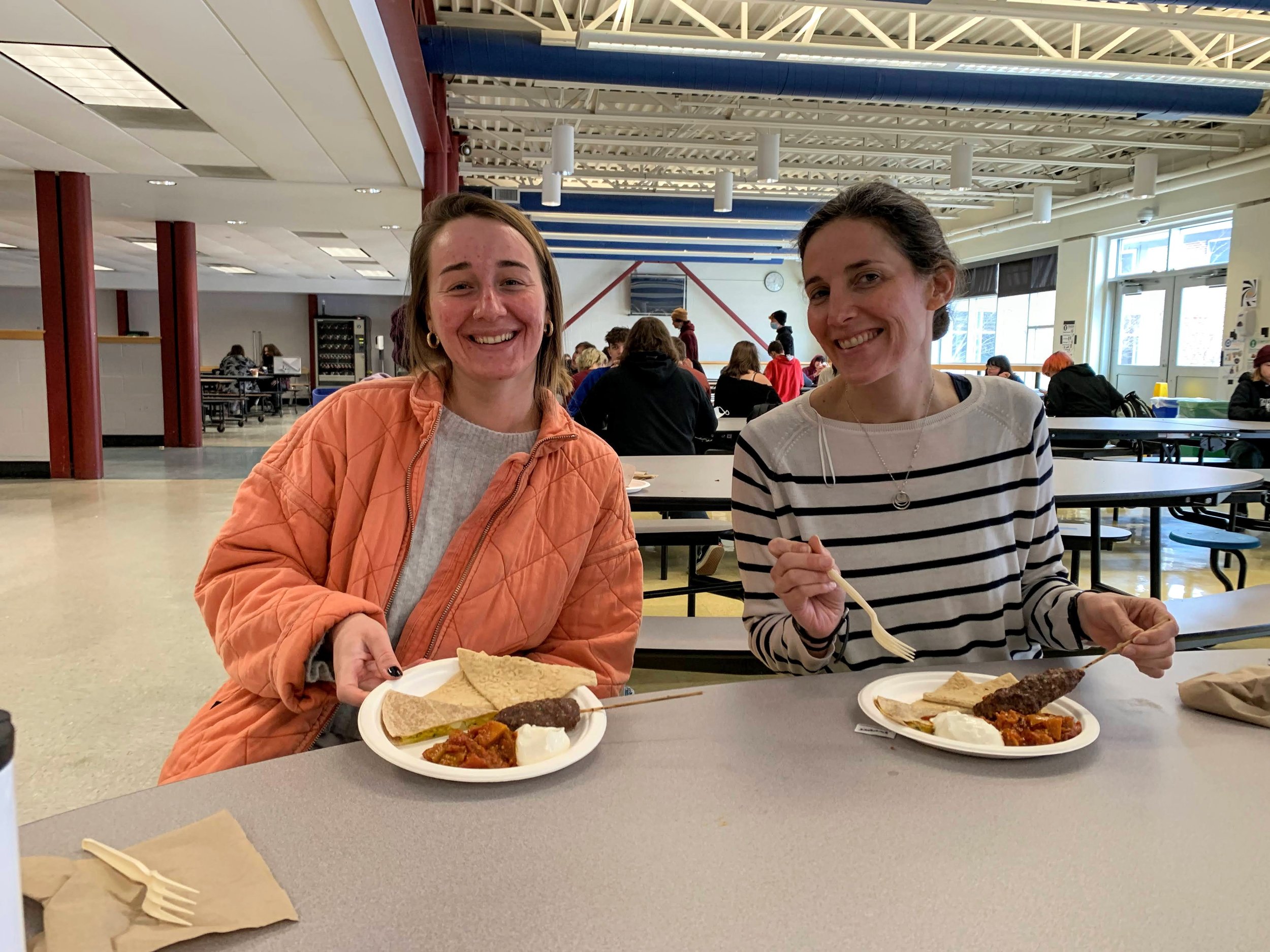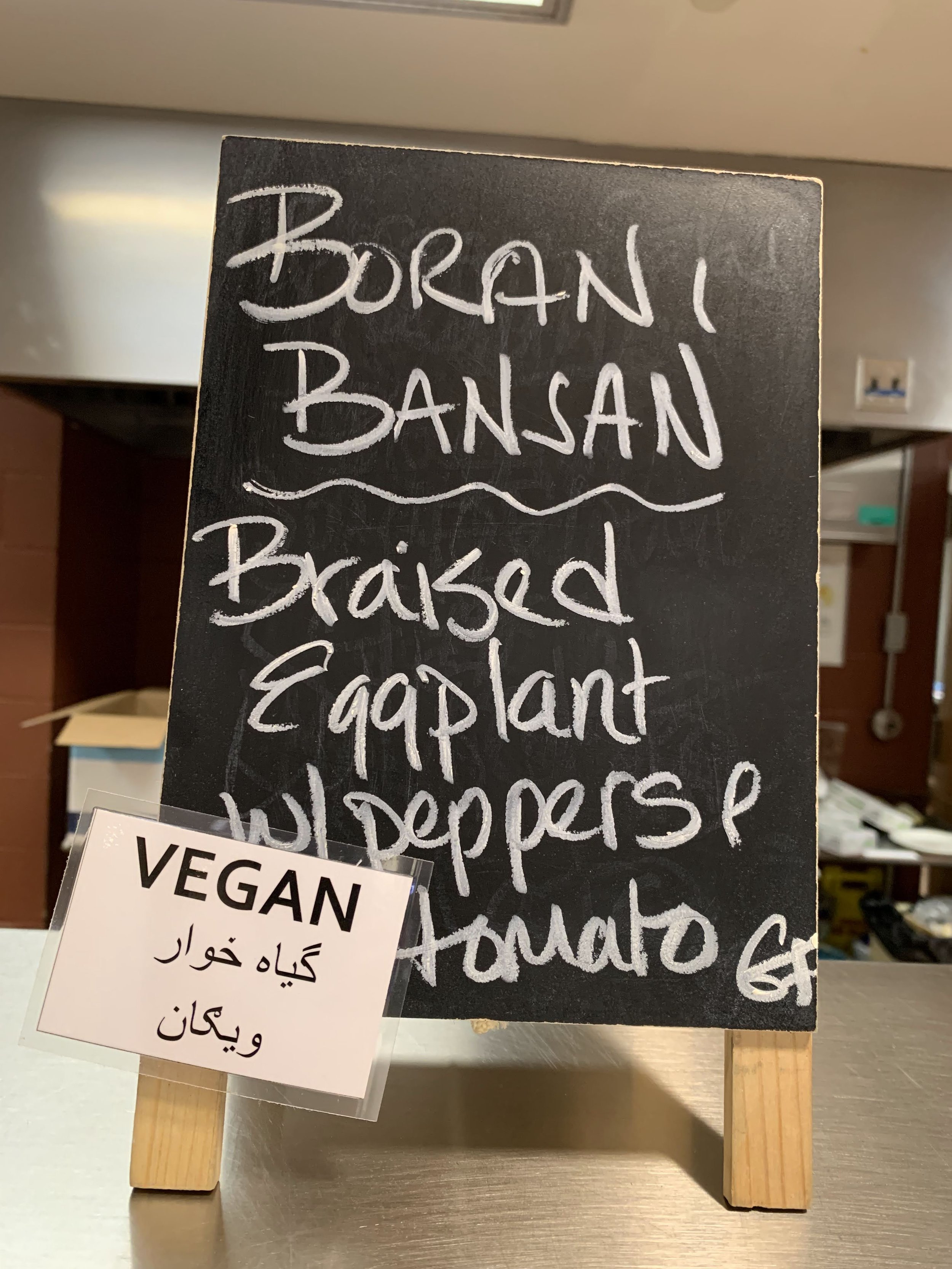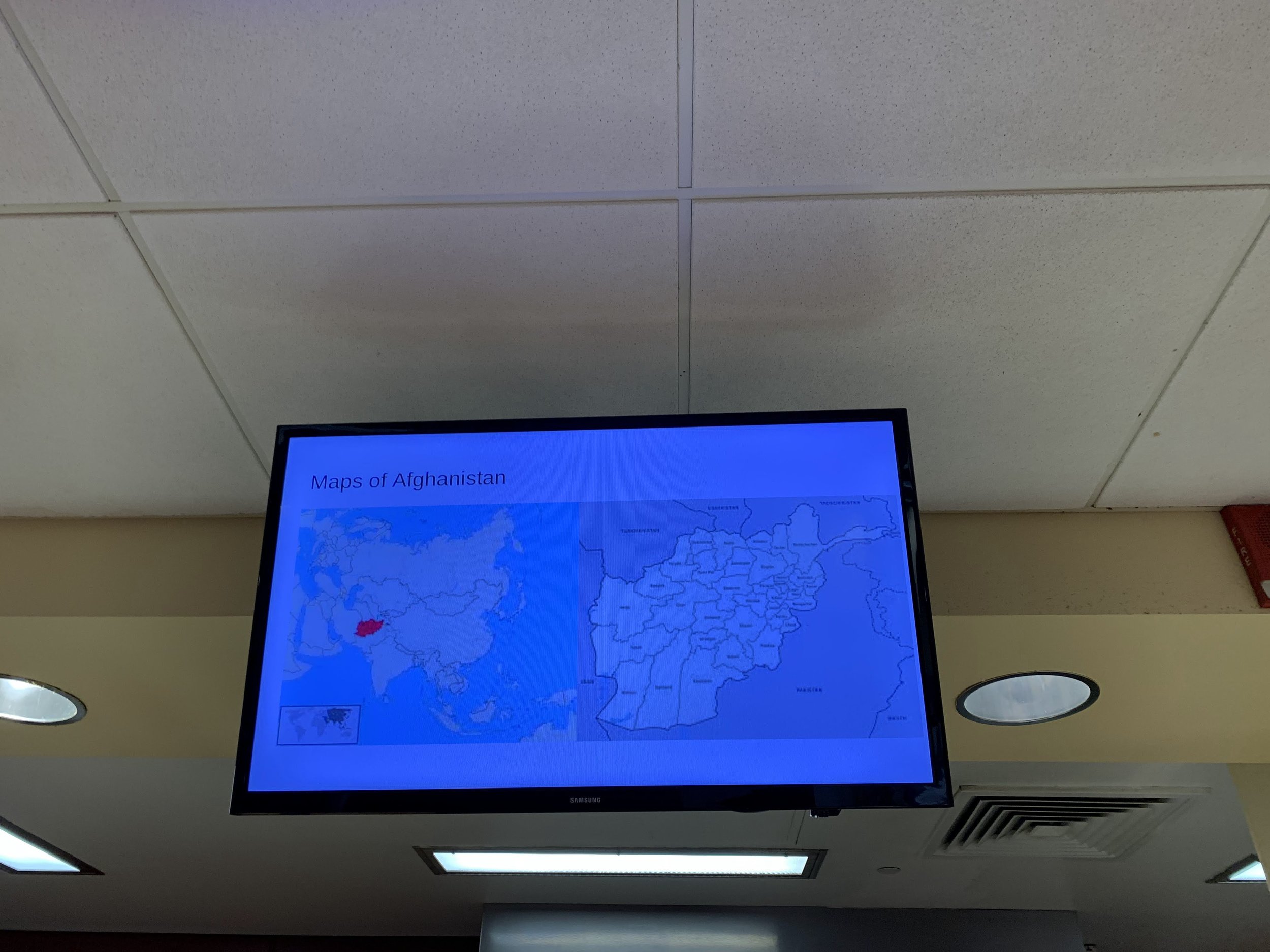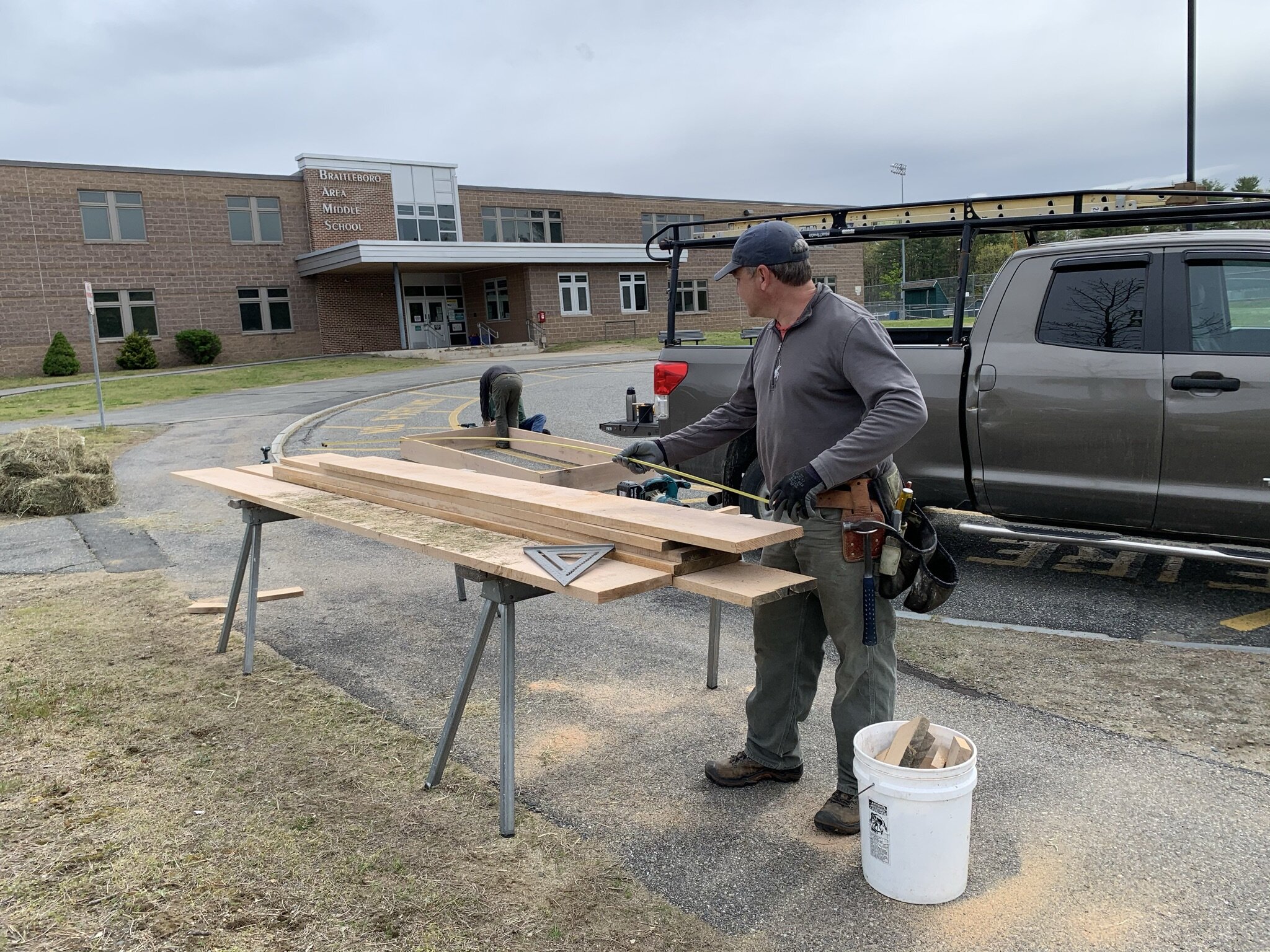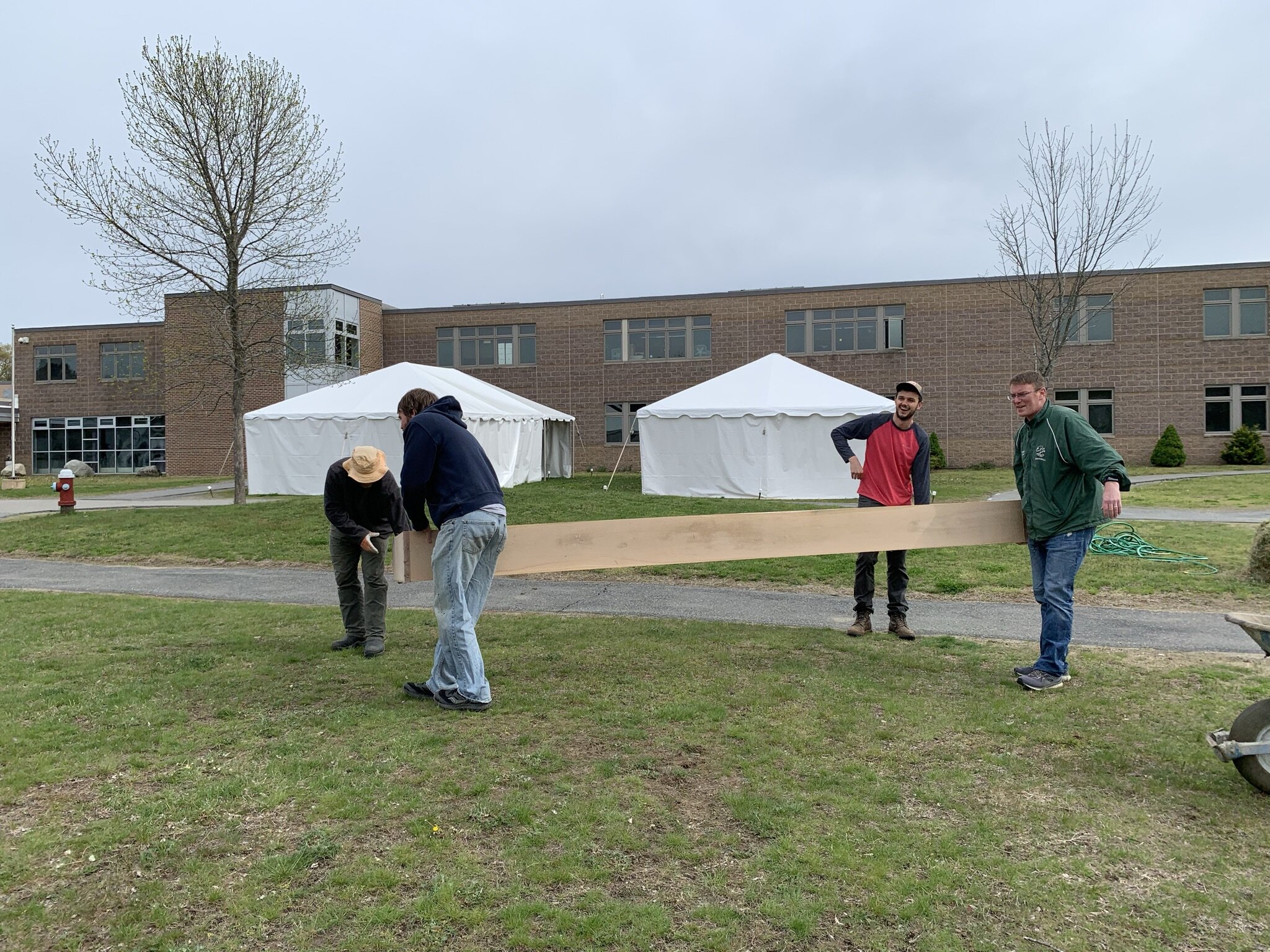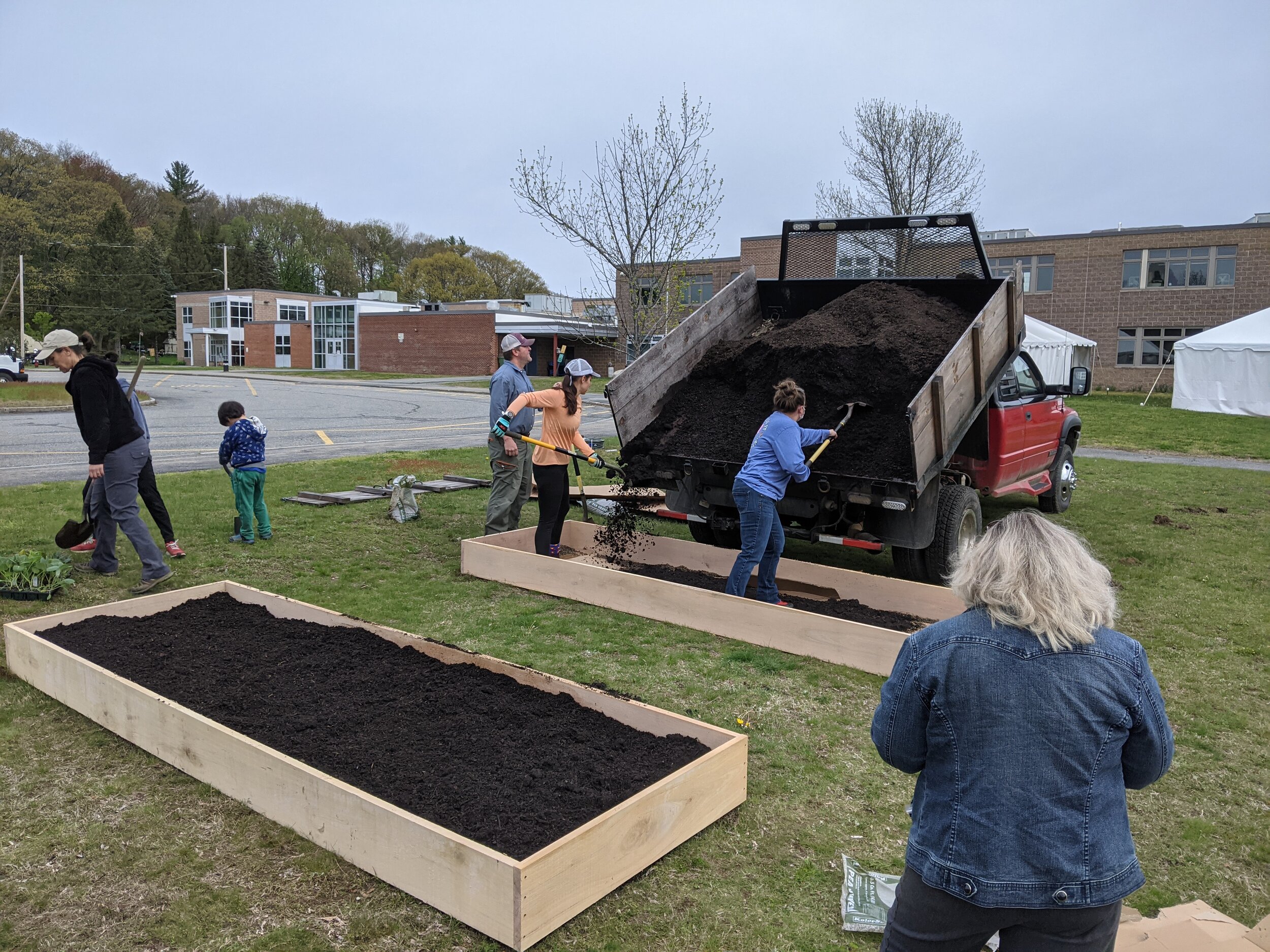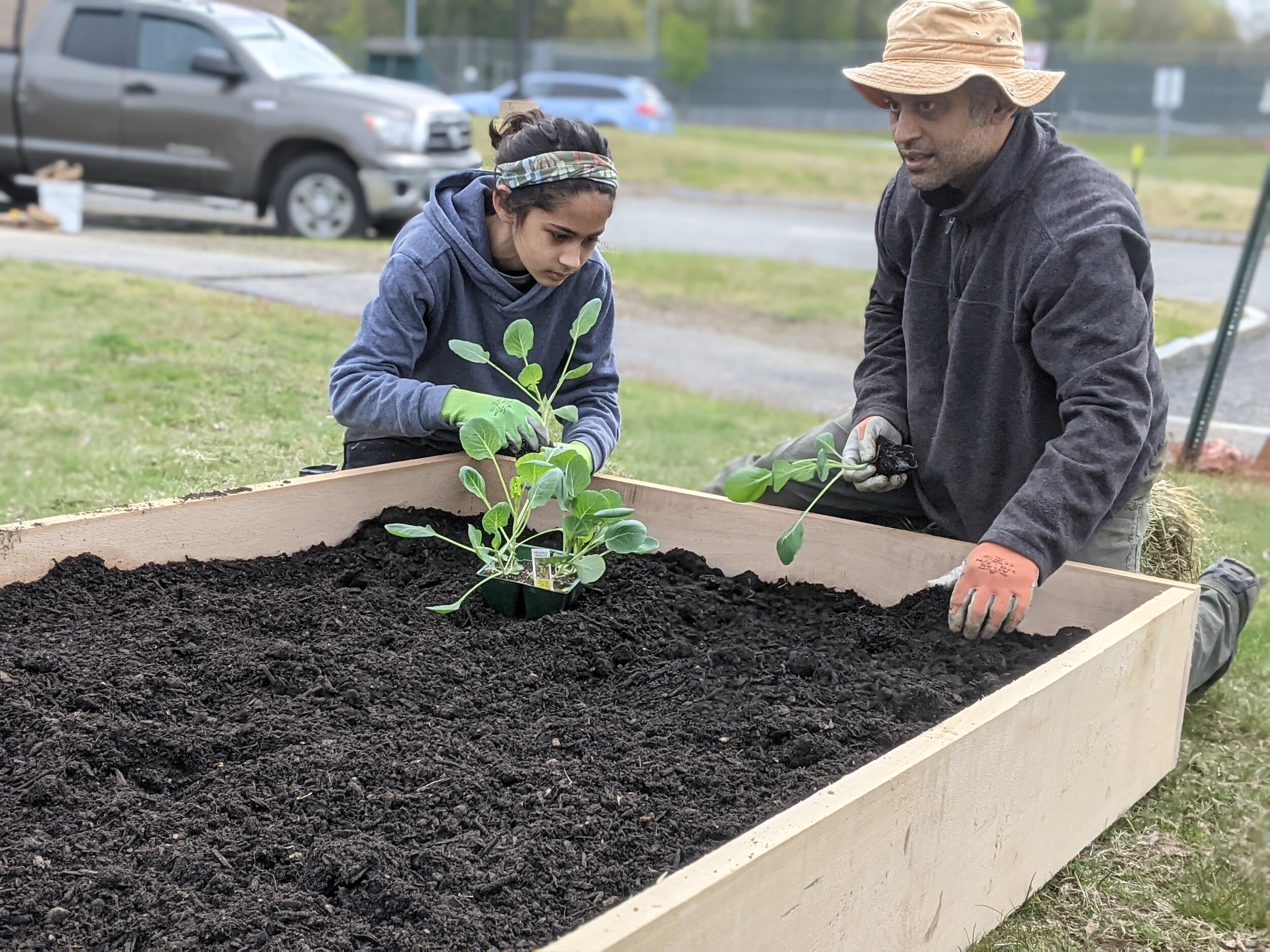Student involvement is another key component of the project. The school invited all students to participate in the Pennies for the Playground initiative—a program designed to teach the power of the penny. Back in November 2020, tennis ball piggy banks were distributed to all students. As a show of gratitude, students were invited to collect pennies to help support the living playground project. Working with pennies made it accessible for students and families from all economic backgrounds. Collaboratively, the school community has raised $649.34 so far, including $163 raised by a penny challenge organized by Brattleboro Savings and Loan. Students voted recently to spend this money towards another step in the master plan—creating a new digging area won by a landslide. This will be completed over the summer and ready when students return to school.
DiIorio-Bowen’s fifth-grade class has been a key partner in the project this year through participation in the Wild Treasures program, 350 Vermont’s Rewild Vermont project, and a collaboration with Edible Brattleboro to plant additional trees on the campus. Kaufmann says, “The work the fifth graders did this year to learn about the carbon cycle and the environment led to an amazing culminating activity in which plants and trees were added to the playground, bringing more beauty and function to the space.” Karen’s students worked and consulted with Gordon to develop a plant list and placement throughout the school grounds following the master plan. Plantings included a whole array of native perennials, including trees, shrubs, and herbaceous pollinator plants. The project's budget also includes an extensive signage collection with artwork and research by the students displayed throughout the gardens. The fifth-grade planting day culminated with a closing circle around the new sugar maple tree. Students placed handfuls of soil around the tree roots along with special wishes they had written on pieces of paper to place into the hole. Together, everyone recited the Earth Pledge and sang the official state song of Vermont, “These Green Mountains.”
Jen Tourville's pre-k class has also been involved in lots of garden work this year, setting aside time weekly for planting, harvesting, and cooking together with Gordon. They are also enjoying an infusion of local produce into their snack program thanks to a CSA grant from the Vermont Agency of Agriculture.
All classes took part in the project in one way or another, thanks to Gordon’s ability to engage all classrooms in food preparation with garden produce, foraging education in the neighborhood, and a dedication by all staff to get students out in the gardens and onto the living schoolyard regularly.
This project has relied on the incredible generosity of spirit, time, resources, and skills coming from the community. Many thanks to:
Edible Brattleboro for donating fruit trees and a hickory sapling,
Bonnyvale Environmental Education Center (BEEC) and local arborist Bob Everingham from All About Trees for donating large cedar stumps for stump seating,
numerous neighbors and community members who donated supplies for a mud kitchen playspace for preschool students, bird feeders for classrooms to feed birds throughout the winter, and permission to tap maple trees in the neighborhood,
Heritage Maple Farm for supporting the first school sugaring operation by supplying buckets, taps, and other resources,
Hamilton Lumber for providing firewood for the wood-fired sugaring operation,
and the Food Connects Farm to School team for their continued support throughout the garden move, providing professional development opportunities, and a matching donation to the Pennies for the Playground initiative.
Davis made a point of reaching out to the community via Facebook, Front Porch Forum, and casual conversations with neighbors. She believes in creating connections, “especially as we emerge from the pandemic—connection is vital in bringing joy and meaning not only to Oak Grove students but our community at large. Everyone benefits when we work together for the collective good - in this case, the creation of a vibrant living schoolyard that also happens to lie in the heart of the Oak Grove neighborhood.”
Looking ahead, there are several next steps in the process for the living schoolyard:
The creation of a sensory path around the playground’s perimeter, funded by a grant from RiseVT, This path will build upon the new bridge, incorporating a living tunnel and a balance trail.
The construction of an edible mushroom garden along the north side of the building will feature shiitakes and oyster mushrooms.
A digging area, funded by the Pennies for the Playground initiative, some mounds for climbing, and some cob construction structures.
Kaufmann sums up the success of the project, saying, “our school grounds are something we take pride in, and the work of the living schoolyard team, the community, and the students and staff at Oak Grove School have made it a wonderful place to be and to learn!” The living schoolyard project actively seeks support from local businesses and community members who want to be involved. For more information, call Oak Grove School at (802) 254-3740 or email principal Mary Kaufmann at mkaufmann@wsesdvt.org.










